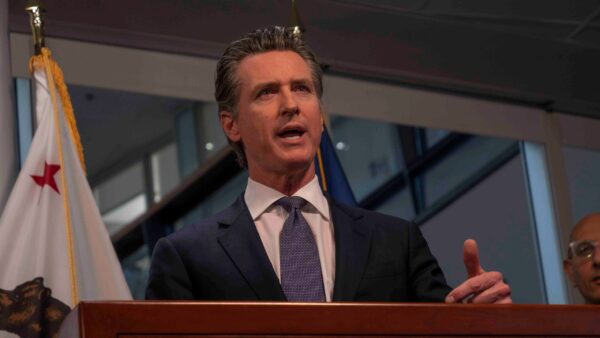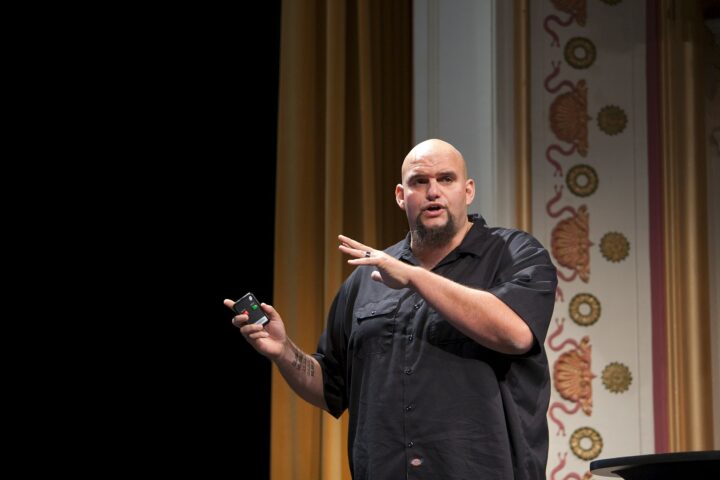California Democrats are reportedly now considering an extreme and dangerous maneuver to redraw congressional maps before the next census, potentially eroding the GOP’s narrow majority in the House.
The move, which relies on circumventing the state’s nonpartisan 2010 reforms, reveals Democrats’ increasing openness to aggressive tactics amid mounting pressure from Republican-led redistricting efforts in states like Texas.
On Wednesday, California’s congressional delegation held a closed-door session with House Minority Leader Hakeem Jeffries to discuss strategic responses to recent developments in Texas.
Gov. Gavin Newsom has already warned that California may act “by a different set of rules” if Republicans pursue their own mid-decade redrawing of districts.
According to Punchbowl News, a heated conversation followed, with lawmakers exploring “ideas for gaining even more seats to overturn the perilously slim majority Republicans hold in the House.”
Assemblymember Leticia Castillo, a former Democrat turned Republican, criticized her former party, observing, “The games they play aren’t working and the more people get educated on what’s going on, the more they’re going to fight back.” Her comments reflect deepening public unease over political engineers—on both sides—who appear eager to manipulate district maps.
Proposals under consideration include asking the Legislature to pause or dismantle the independent commission created by voters under Proposition 20 or undertaking court challenges on the grounds that state law does not explicitly bar mid-decade redistricting.
Newsom described such action as a “novel legal question.” According to KCRA, the governor believes a special legislative session followed by a voter referendum could suspend the commission’s authority—though at considerable fiscal and political cost.
Punchbowl News outlined two possible paths: a special election to strip the commission’s power, or bypassing the commission altogether by redrawing maps directly.
Either approach would likely invite litigation and clash with California’s constitutionally enshrined safeguards.
A major legal barrier will be compliance with the federal Voting Rights Act, safeguards that protect districts with majority-minority populations. Any attempt to redraw those boundaries would likely face immediate challenge.
The stakes are clear: districts represented by Republicans such as Ken Calvert, Kevin Kiley, Darrell Issa, Young Kim, David Valadao, and Doug LaMalfa are seen as primary targets.
Representative Mark Takano, poised to lead the House Veterans Affairs Committee should Democrats retake the majority, expressed the party’s ambition plainly: “We want our gavels back. That’s what this is about.”
California is no stranger to these sorts of extreme and arguably dirty tactics. Democrats used similar methods in 2011 to influence independent commissioners.
By organizing grassroots testimony aligned with their preferences, they were able to effectively shape districts under the guise of citizen engagement—“ordinary Californians” who tapped in to party influence without disclosure.
For conservative observers, these developments signal a dangerous hypocrisy. A system designed to limit political interference could be reactivated to entrench one party’s power. The result would be to replace voter authority with political design—a return to the gerrymandering critics decry.
As California Democrats weigh their options, they risk fracturing public trust in democratic institutions. Even strategists concede the optics are bleak. While the state may put partisan advantage first, voters may soon question whether the system still reflects their will—or merely the ambitions of those in power.
[READ MORE: Obamas Publicly Address Rumors of Divorce]







